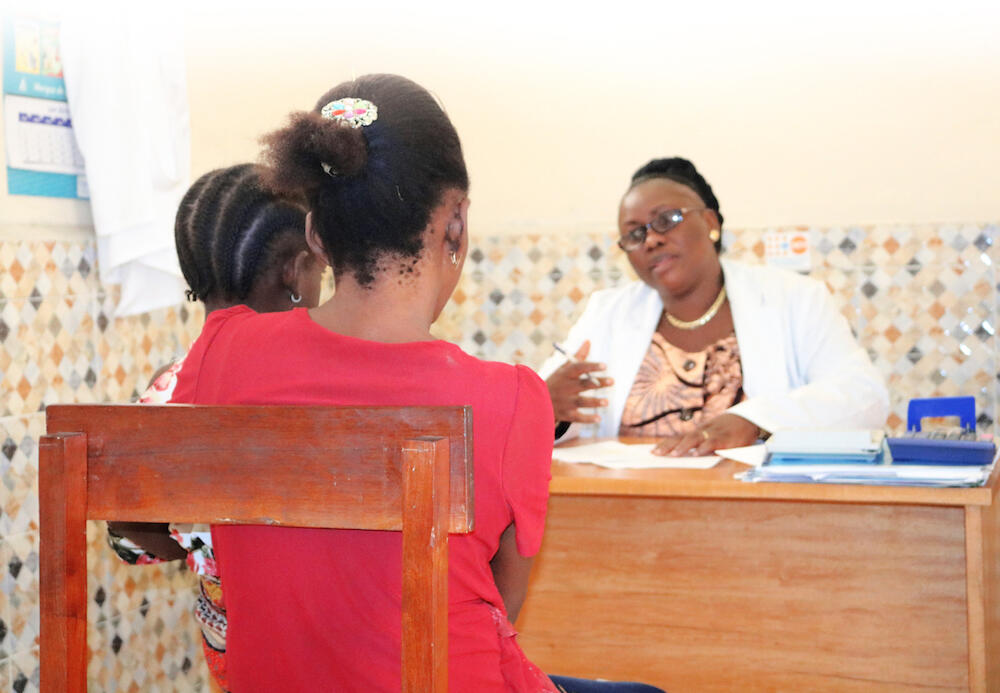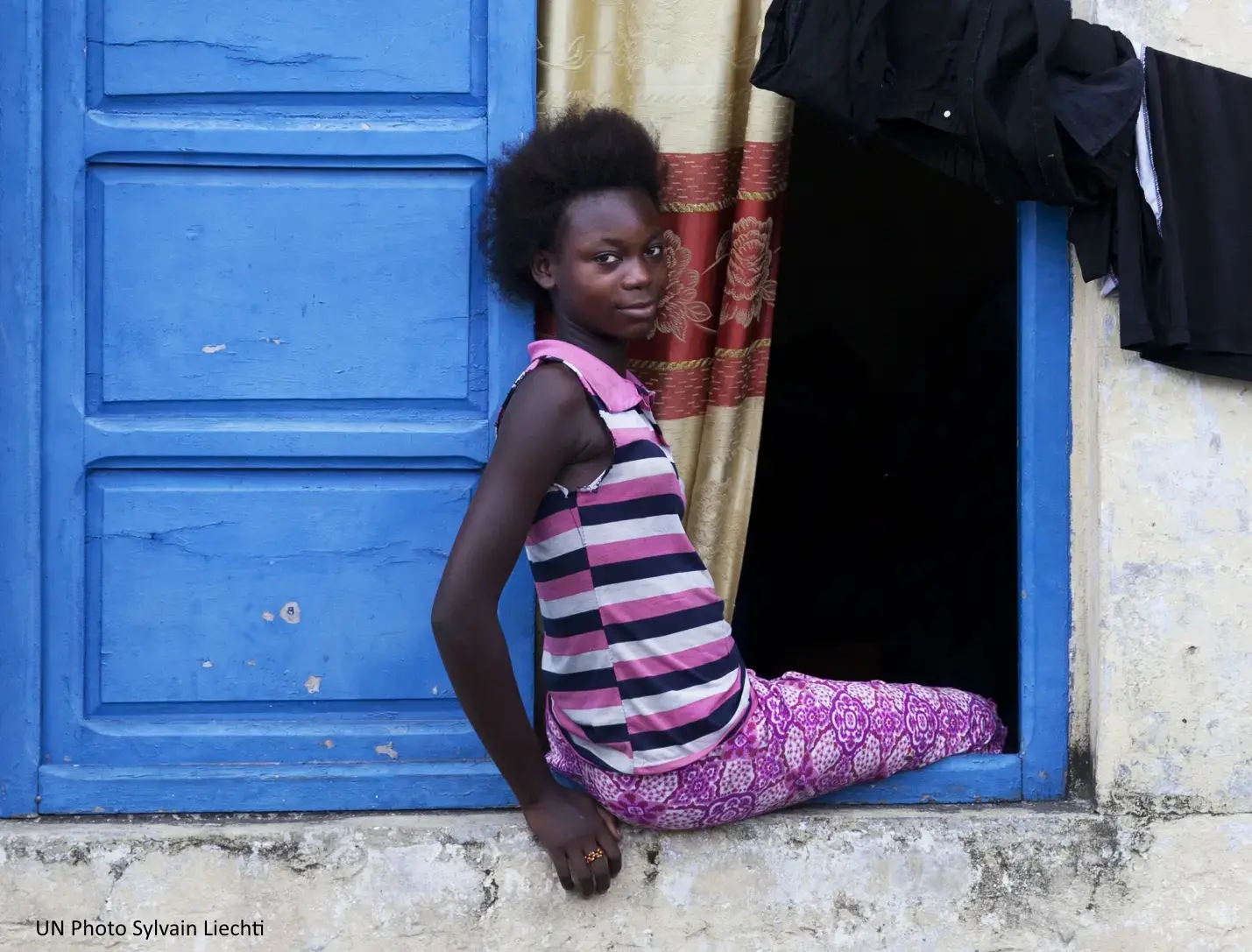Statement by UNFPA Executive Director Dr. Natalia Kanem on the International Day for the Elimination of Sexual Violence in Conflict
Sexual violence in conflict is a threat to our collective security, a violation of international law and a blight on humanity’s conscience. As a weapon of war, it subjugates women and men and destabilizes entire societies.
The COVID-19 pandemic is compounding the issue, disrupting access to life-saving services and support for survivors and hindering their ability to report cases of sexual violence.
UNFPA aims to eliminate all forms of gender-based violence – including sexual violence in conflict – by 2030.
UNFPA aims to eliminate all forms of gender-based violence – including sexual violence in conflict – by 2030. To achieve this goal, UNFPA works with partners to ensure that referral systems are in place to facilitate survivors’ access to health services, psychosocial support; safety and security; justice and legal aid; and socio-economic support. UNFPA programmes also focus on preventing and mitigating risks for women and girls, and meeting their unique needs.
This includes ensuring that survivors of sexual violence in conflict have access to the comprehensive sexual and reproductive health care that is their human right. Denial of this right can have dire consequences: deaths of women and newborns, unwanted pregnancies, unsafe abortions, spread of HIV, and survivors of rape left without the services and support they need to heal and recover.
UNFPA also leads actions to prevent and respond to sexual violence in conflict by collecting and disseminating critical data on those affected by a crisis, in accordance with safe and ethical standards to ensure the dignity, safety and respect of survivors.
For instance, in Bangladesh, UNFPA is strengthening the capacity of health workers to respond to gender-based violence, including for survivors of sexual violence among the Rohingya refugee community. This includes providing sexual and reproductive health services, mental health and psychosocial support to survivors, adapting referral pathways and developing gender-based violence referral guidelines for the COVID-19 pandemic.
In Yemen, the world’s largest humanitarian crisis, the coping mechanisms of women and girls are stretched to the limit, while the breakdown of protection systems has made them increasingly vulnerable to violence and abuse. In March alone, UNFPA and partners reached more than 71,000 women with protection services.
Our response must not only be aimed at providing quality health and psychosocial services, but also justice and reparation.
Our response must not only be aimed at providing quality health and psychosocial services, but also justice and reparation. Concerted action is needed to ensure that perpetrators are held accountable for their actions. In Sudan, UNFPA supported the establishment of 40 gender desks in police stations in four Darfur states and the training of police personnel, prosecutors and social workers on human rights standards in the investigation and prosecution of gender-based violence, including sexual violence.
Last April, the United Nations Security Council passed Resolution 2467 calling on UN member states to commit to ending all forms of sexual violence in conflict. The resolution focused on a survivor-centered approach; it did not, however, recognize the need for sexual and reproductive health services for women subjected to violence in crisis.
A month later, governments, UN agencies and other partners gathered in Oslo to reinforce that all organizations involved in humanitarian response have a responsibility to protect those affected by crisis from sexual violence. UNFPA is committed to working with all partners to sustain the momentum of the Oslo conference, and ensure that all pledges are realized.
Earlier this year, UN Secretary-General António Guterres urged warring parties across the world to lay down their weapons in support of the battle against COVID-19, the common enemy that is now threatening all of humankind. Ending sexual violence should be part of that ceasefire.
As the world continues to battle COVID-19, UNFPA calls on all governments and partners to make battling sexual violence in conflict and its impact on women and girls a priority.



